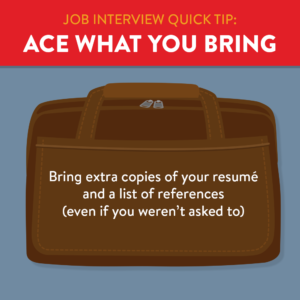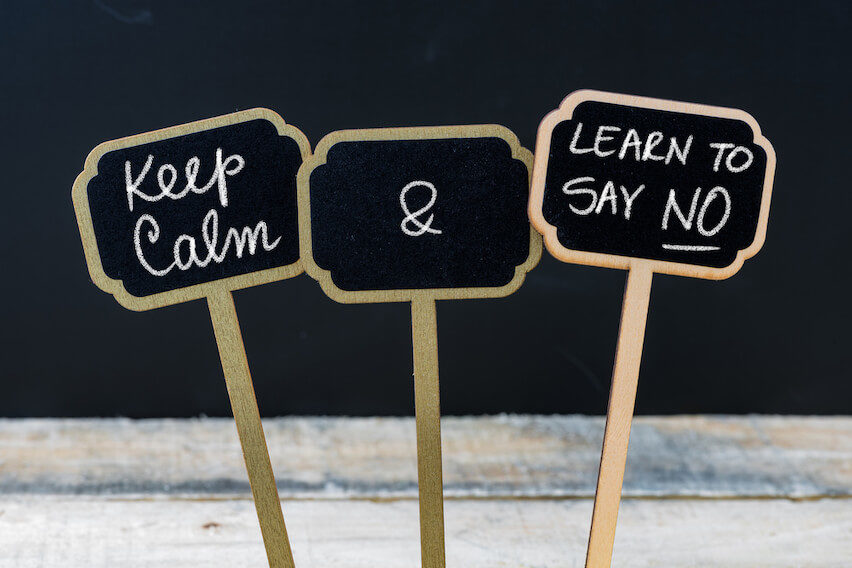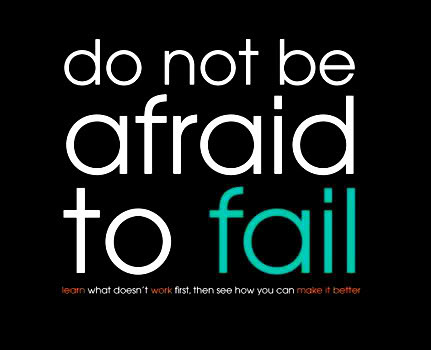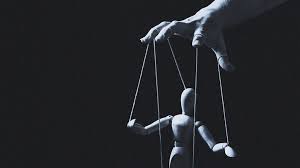By Steven Barasch:
Whether you’re interviewing for college, a new job, or another opportunity, an interview can be a nerve-wracking experience. A successful interview depends on you and your ability to answer questions and demonstrate your competence to the people interviewing you. How you prepare for a job interview can make or break your chances of securing the position. A thorough interview strategy and an effective interviewing technique can help you succeed and answer questions confidently. Regardless of the type of job you’re applying for, there are a few things you should keep in mind to succeed in a job interview.
Your Resume and portfolio
I always had two versions of my resume. One was for online submissions and the other for in person interviews. The online version was more simplistic as I wanted to keep it ATS compliant (automated tracking system) and 1 page long. Hard to get everything on one page so I didn’t. I’d use 3-4 best bullet points and then use parentheses “more available by request”. The second resume was much more detailed which I could hand the interviewer with letters of accommodations and referrals attached. For graphic artists, illustrators, writers etc., always bring your portfolio.

Be prepared to answer tough interview questions
Many interviewers will ask you questions that are meant to test your knowledge and your ability to answer technical questions. Be prepared to answer these questions by keeping notes on the company and its products or services. You can also refer back to your notes if you need more information during the interview. Some of the most common technical interview questions include those related to product features, the company’s history, how the company is different from its competitors, and how the company’s products are used by customers. You can also prepare for behavioral interview questions, which are often related to how well you handle pressure, handle difficult situations, or meet deadlines. Some of the most common behavioral interview questions include those related to leadership skills, decision-making skills, and interpersonal skills.
Almost Guaranteed Questions
In some way, shape or form the following questions are almost guaranteed to be asked:
- Why should I hire you out of all the other applicants I have?
- Where do you see yourself in 5 years from now?
- What are your strongest strengths for this position?
- What are your weakest areas for this position?
- Cite a mistake you made and how you handled it?
There is no one answer to these questions. What the recruiter is looking for is how you see yourself compared to others, your goals, trainability, and your integrity. Here are the answers I used which helped me ace the interview. I always paused for a moment to think about the question and how to answer.
Question 1: On being hired, I went on the assumption everyone applying for the position had the necessary job skills on an equal basis, so I had to make myself stand out without condemning any other applicants.
Answer: I have no doubt you have many qualified candidates for this position as myself. However, no one can match my enthusiasm, loyalty, and willingness to learn new things. And even if they could match it, they certainly couldn’t surpass it.
Question 2: Where do I see myself in 5 years.
Answer: I am attracted to this company because of its internal upward mobility policy to all who work here. In 5 years, maybe less, I see myself sitting in a chair similar to yours asking a potential candidate the same question.
Question 3: My strengths is a somewhat tricky question. Again, I have to assume my job qualifications and job knowledge brought me to this interview. The recruiter may be looking for something else. Most companies have a high standard for interpersonal and customer relation skills.
Answer: Customer relations or guest relations both external and internal. I consider fellow employees to be guests as well.
Question 4: Weakness is another tricky question. I don’t want to condemn or shoot myself in the foot by mentioning any job skills I may feel a little insecure with.
Answer: Customer relations. The interviewer looks at me and says, “you just claimed that as a strength. Which one is it”?
True, I am very good at it. Sometimes I get little too involved with their problems and resolving them which takes me away from other tasks and responsibilities I need to take care of. That’s why I consider it a weakness as well. Manual pdf
Question 5: The recruiter is looking for integrity and problem-solving issues. We all make mistakes and how we take responsibility for them and make corrections is very important.
Answer: This one is up to you. Use something you did without blaming it on anyone else. Make sure you acknowledged the mistake to your supervisor, the steps you took to correct it, and that it had a positive outcome in whatever mistake you recall.
Stay relaxed and stay in control of your emotions
You will be nervous while interviewing for many reasons, mainly because you don’t often get to talk to people in positions of power. However, you shouldn’t let this nervousness show. An interviewer will see that you’re rattled, and it could result in you being turned down for the position. Therefore, you should remain calm and collect yourself as much as you can. Similarly, you shouldn’t let your emotions get the better of you. This could result in you saying something that you may regret or, worse, showing a bad temperament during the interview. It’s important that you keep your cool even when you’re upset or frustrated because this will help you appear confident and collected during the interview.
Be well-informed
Before you walk into an interview, you should have a general idea of what the company does and its current state of affairs. Doing some research about the company prior to the interview will help you gain a better understanding of the organization’s culture and mission. When you’re researching a company, make sure you’re looking at its goals, history, employees’ feedback, and reviews from customers. Knowing as much as possible about the company you’re interviewing with will make you more likely to choose the right answer to questions. You should also have a basic knowledge of the company’s culture. You’ll be able to speak about it better if you know what it is. Companies with different cultures often struggle to merge their differences with their employees. You can avoid this problem by keeping an open mind and researching the company’s culture beforehand. Some other things you should know include the company’s mission statement, what sets the company apart from its competitors, and what customers the company serves.
Dress for success and impress
When it comes to dressing for an interview, it’s important to match the company. If you’re interviewing at a casual office, wearing full business attire will only make your interviewer think you’re overqualified. Manual pdf Likewise, if you’re interviewing at a more formal company, wearing jeans and a t-shirt will make them think you don’t care how you present yourself. It might seem obvious that you should dress up for a formal interview. But even when the company is more casual, it pays off to look nice. Manual pdf To give yourself the best advantage in an interview, wear something appropriate for the role or company in which you are interviewing. Dress professionally if it’s a traditional office environment; dress casually if it is more laid-back; and dress up regardless of what type of work environment you find yourself in.
Be enthusiastic
Being enthusiastic during the interview process can help you stand out from the crowd of candidates and show the hiring manager that you’re interested in the position. This doesn’t mean nodding enthusiastically while the interviewer speaks but showing genuine enthusiasm for the job. An interviewer will take notice if you have a positive attitude and are excited about the opportunity. This will help the interviewer view you as a serious candidate and boost your chances of getting the job. If you’re nervous, try to keep your voice as calm and even as possible. When you’re nervous, your voice tends to rise. This can give the impression that you’re not taking the job seriously and are just trying to impress the interviewer. If you are nervous, your best bet is to keep your cool and act as if you’re not. This will help you appear confident and calm.
Be honest and authentic
Honesty is the best policy when it comes to interviews. Faking it will only make you look worse. Therefore, you should be honest during the interview process. You should also be authentic, meaning that you should be true to yourself. This means that you shouldn’t try to be someone you’re not just to impress the interviewer. You should be yourself, and that should be enough. However, you don’t want to be too candid either. If you’re overly candid, the interviewer may think you’re being too honest and may not like that. This can lead to you being turned down for the position. Honesty is important during the interview process because it shows that you’re trustworthy. Trust is key in any business relationship, and it’s especially important when hiring someone. Therefore, it’s important that you don’t lie during the interview process.
Conclusion
A job interview can be a nerve-wracking experience if you’re not prepared. Following these tips will help you succeed in any interview by boosting your confidence, staying relaxed, and staying in control of your emotions. An interview is a chance for the hiring manager to get to know you as a person and gauge your fit for the job. The best way to prepare for an interview is to do your research about the company. This way you can always answer the question “Why you do you want to work for this company”? Be prepared for tough questions and be honest and authentic.
Why is ATS Important to Your Resume?





